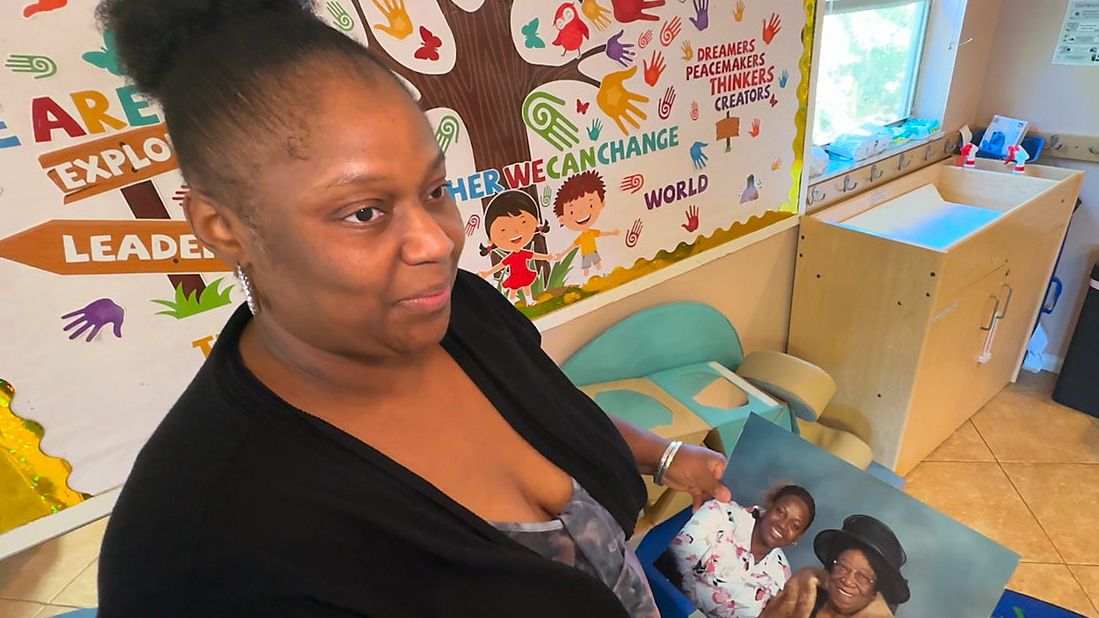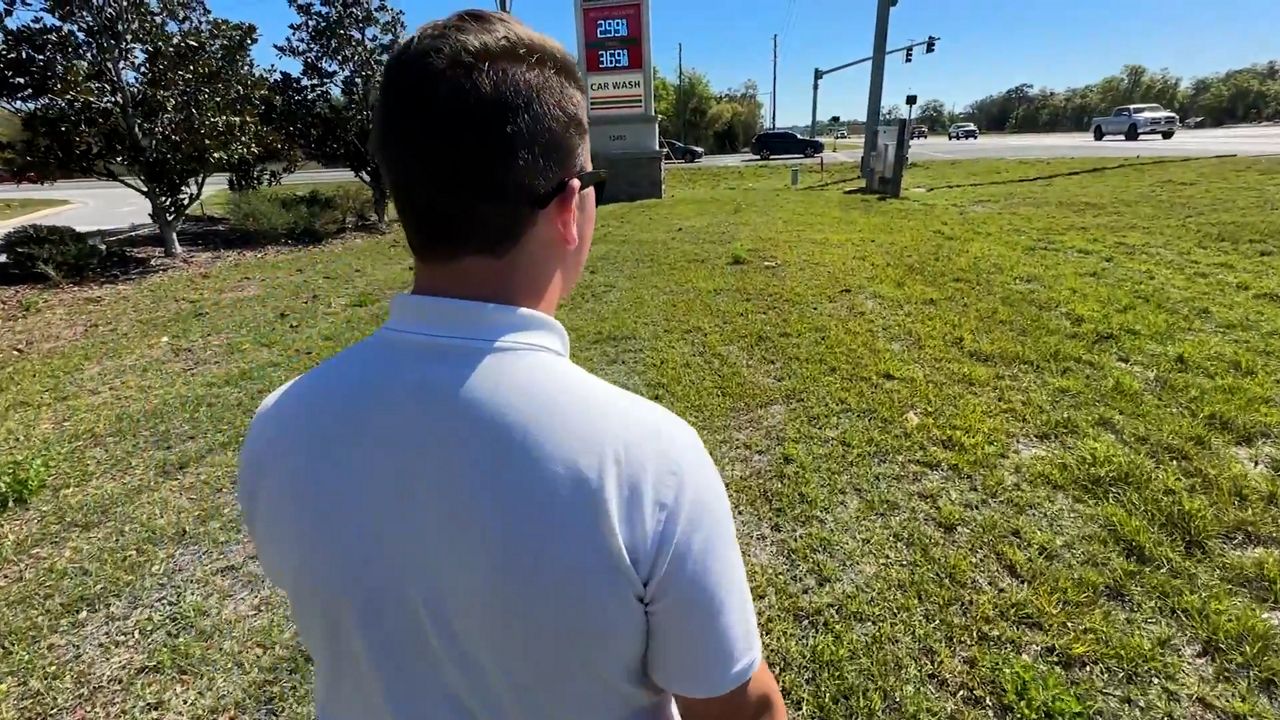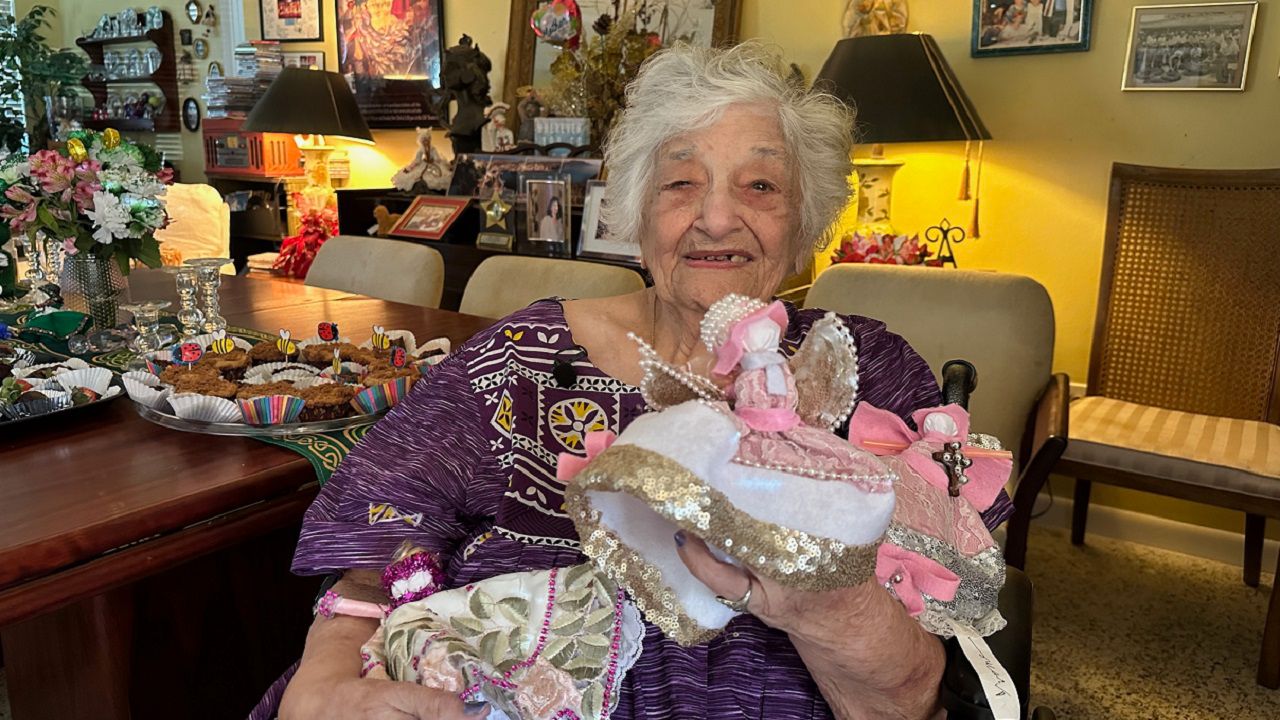TAMPA, Fla. — Researchers studying kids’ digital media use and their wellbeing into adulthood say their Life in Media Survey revealed some unexpected results.
“By far, the most surprising thing that we found was that smartphones might actually have some benefits for children,” said Dr. Justin D. Martin.
What You Need To Know
- Researchers studying kids’ digital media use and their wellbeing into adulthood say their Life in Media Survey revealed some unexpected results
- USF's Dr. Justin D. Martin led the research
- According to the study, children who have their own smartphones fared better than kids who don’t on nearly every measure of wellbeing assessed
- Even the smallest amount of cyberbullying — being called a mean or hurtful name online — is associated with adverse outcomes
- READ THE FULL STUDY (.pdf): Life In Media Survey
The lead researcher and Eleanor Poynter Jamison Chair of Media Ethics and Press Policy and Associate Professor at the University of South Florida said the results varied.
“Kids who have their own cell phones are more sociable than kids who don’t have their own phones, they’re more likely to meet up in person with friends, they’re less likely to report depressive symptoms, they’re less likely to report anxiety,” said Martin of one of the key findings.
The 2025 Life in Media Survey examined more than 1,500 11 to 13-year-old Floridians. According to the survey:
Children who have their own smartphones fared better than kids who don’t on nearly every measure of wellbeing assessed. Kids with smartphones were less likely to report depression and anxiety symptoms, and more likely to spend time in-person with friends and report feeling good about themselves than kids who don’t have their own smartphones.
Efforts to limit digital media use among kids don’t appear to be working, as more than 70% of 11-year-olds surveyed have their own smartphone, with many acquiring them by the age of 8 and a half.
Posting publicly to social media was associated with multiple harms. Children who often post to social media platforms were twice as likely as those who never or rarely post to report moderate or severe symptoms of depression (54% vs. 25%), moderate or severe symptoms of anxiety (50% vs. 24%) and having sleep issues.
Even the smallest amount of cyberbullying — being called a mean or hurtful name online — is associated with adverse outcomes. Nearly six in 10 respondents said they endured a form of cyberbullying in the past three months. Those children were more likely than un-bullied kids to report feeling depressed most days in the past year (32% vs. 11%), getting angry and losing their temper (36% vs. 10%), and finding it hard to stop using technology (64% vs. 45%).
Martin expands on the findings related to concerns with kids posting to social media.
“Kids who post frequently to social media reported more anxiety symptoms, they were less likely to say that they feel good about themselves, they’re more likely to have sleep deprivation issues,” said Martin.
Researchers agree effects of smartphones on kids are complex.
“It’s what kids do with cell phones and challenges in regulating their device use, rather than merely owning a smartphone, that may cause difficulties or inversely benefit their lives,” said Wendy Rote, USF Associate Professor of Psychology.
Based on survey findings, researchers which represent expertise in psychology, public health, journalism, communications and political science have the following recommendations:
Allowing children as young as 11 to have their own smartphone is likely fine and may be beneficial.
Parents should discourage young children from posting publicly on social platforms. Parents should also be on alert for the slightest signs of cyberbullying, which is prevalent and harmful.
Don’t let kids sleep with their smartphones. One in four kids surveyed sleep with a smartphone in their hand or in bed. Children who keep their phones in their bed don’t get enough sleep compared to those who sleep with phones in another room (8.6 vs. 9.3 hours on average).
The research is part of a 25-year study tracking kids into adulthood to study the impact on their wellbeing.
The next phase is a nationwide survey of some 8,000 children in early adolescence.












